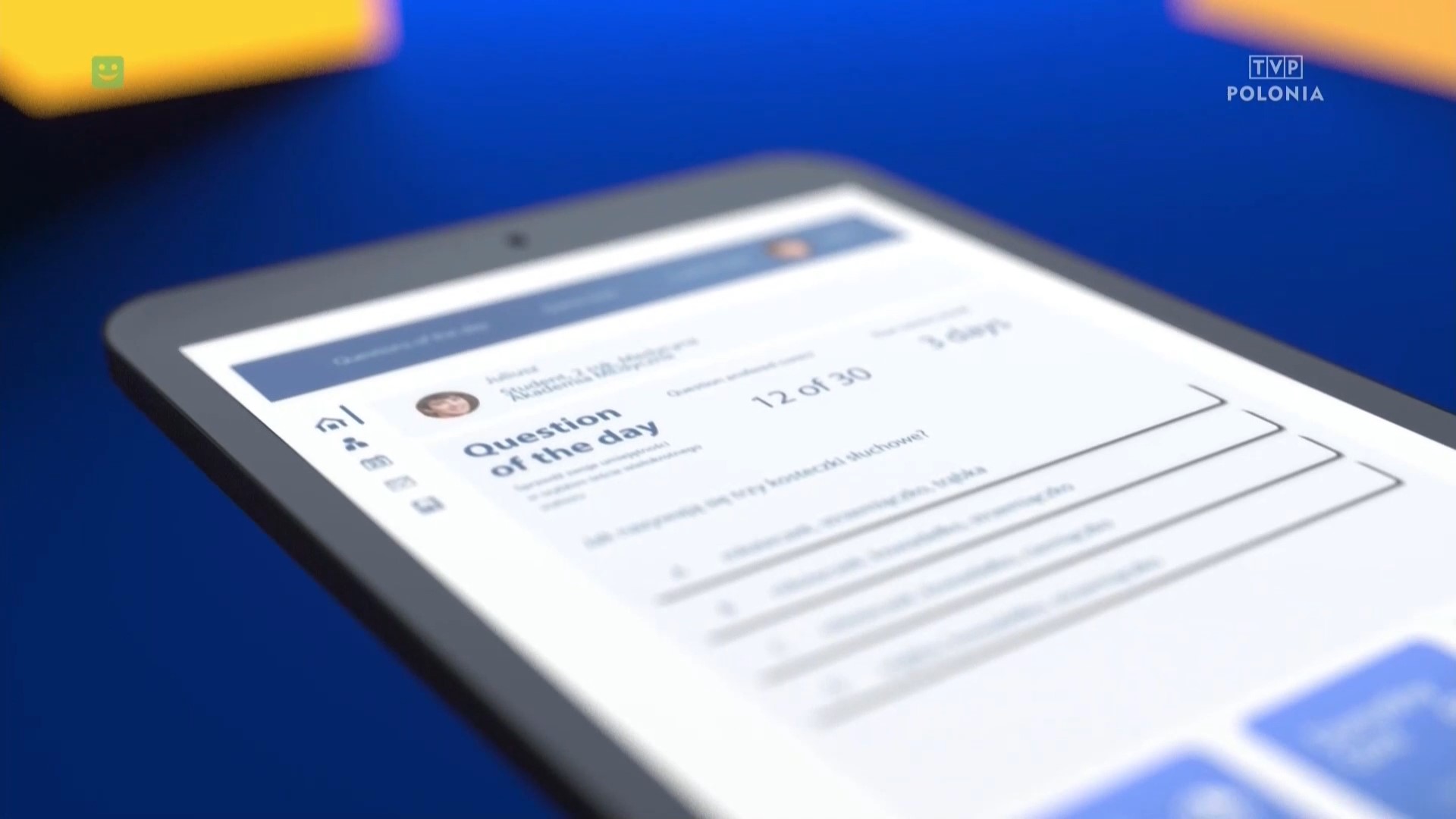Medical studies in the United Kingdom are a bit complicated. Even after finishing your medical school, you can still apply as a collegiate member to one of the three UK Royal Colleges of Physicians: the Royal College of Physicians of Edinburgh, the Royal College of Physicians and Surgeons of Glasgow, and the Royal College of Physicians of London. Becoming a member of the Royal Colleges can give you widespread recognition of your skills and knowledge, recognizable all around the world. However, to even apply to one of the three Royal Colleges, you will have to pass the Membership of the Royal Colleges of Physicians Examination – often shortened to just MRCP.
What is the MRCP exam?
Similarly to other medical examinations around the world, the MRCP exam consists of three parts – two written tests and a clinical examination test. To pass the whole MRCP exam, you will have to pass every individual part of it.
During the first part of MRCP, you will need to reserve a single full day. During that day, you will write two different tests, each lasting three hours and having 100 multiple-choice questions. In the test, you will find on images – only text. The questions follow the best-of-five format, in which you need to choose not the correct, but the most adequate answer (all of the answers can be correct, but one will stand out as the most rational choice). In order to even take Part 1, you will need 12 months of postgraduate experience. Part 1 will also prepare you for Part 2, which is, unfortunately, much more challenging.
While in format Part 2 is similar to Part 1, don’t let it fool you – it is much, much harder and you will really need to study hard in order to pass it. Part 2 is a written examination, taken after you pass Part 1. The test is taken on a single day and has two tests, each lasting three hours, with 100 questions each – just like Part 1. However, during Part 2, the questions will include images and the material will include a much broader curriculum, including everything specified in the UK Specialty Training Curriculum for Core Medical Training and Curriculum for Internal Medicine.
Part 3 of the MRCP exam is a bit different – you won’t have a written examination. This part of the test is named Practical Assessment of Clinical Examination Skills – otherwise known as PACES. The PACES exam will test a whole range of your clinical skills through five stations, each taking 20 minutes with 5 minutes of break between each one. Apart from the stations, you will also face eight patients, with which you will have to properly and professionally interact. While the exam takes only half of a day, it is generally the most taxing one, as it requires practical skills.
How is the MRCP exam scored?
Part 1 of the MRCP exam makes use of a method called equating, similar to the American USMLE exam. After the examinations have been marked, you will receive a sheet with a score between 0 and 999, with 521 being the passing score. The exact number of questions you got right will not be revealed, and the exact methods of gradings change every year and are not disclosed. You will get a percentage of correctly answered questions by specialty, though, which is the only additional information you will receive.
Part 2 is scored very similarly to Part 1, on a scale between 200 and 800, although that number might occasionally be either negative or above 800, depending on the circumstances. The score is calculated from the number of correct answers from both tests, taking into account the difficulty of the examination. The exact pass score is 454, although not much is known how exactly that number is achieved or exactly how many answers you need to answer correctly. While the passing score does not change, the criteria for grading answers do.
<Finally, the PACES examination is graded a bit differently. To pass the PACES exam, you will have to receive a passing grade in each of the seven skills, and also a achieve a minimum total score across the whole assessment. These include 16 marks for Physical Examination, 14 marks for Identifying Physical Signs, 11 marks for Clinical Communication, 17 marks for Differential Diagnosis, 19 marks for Clinical Judgement, 10 marks for Managing Patient Concerns, and 28 marks for Managing Patient Welfare. In addition to all of these, you need a total score of 130 to pass./span>













